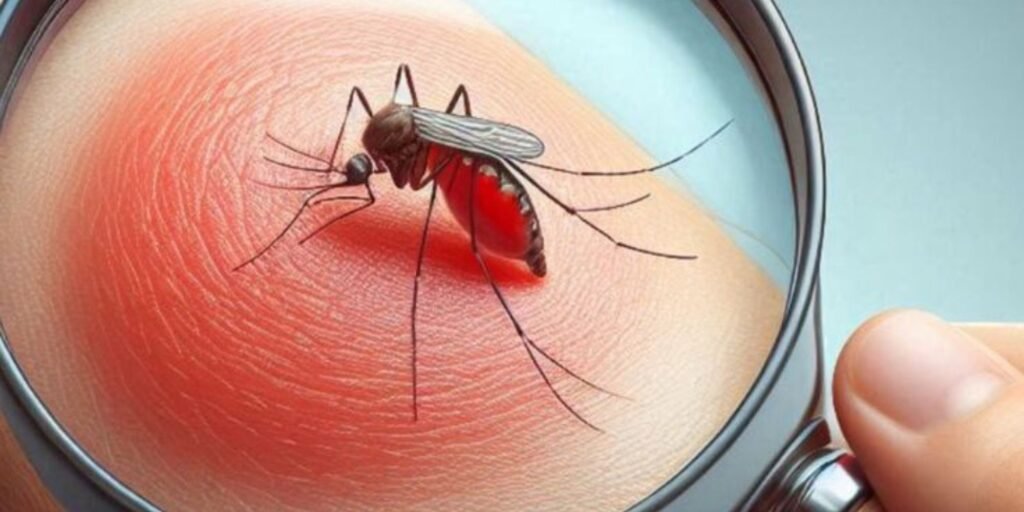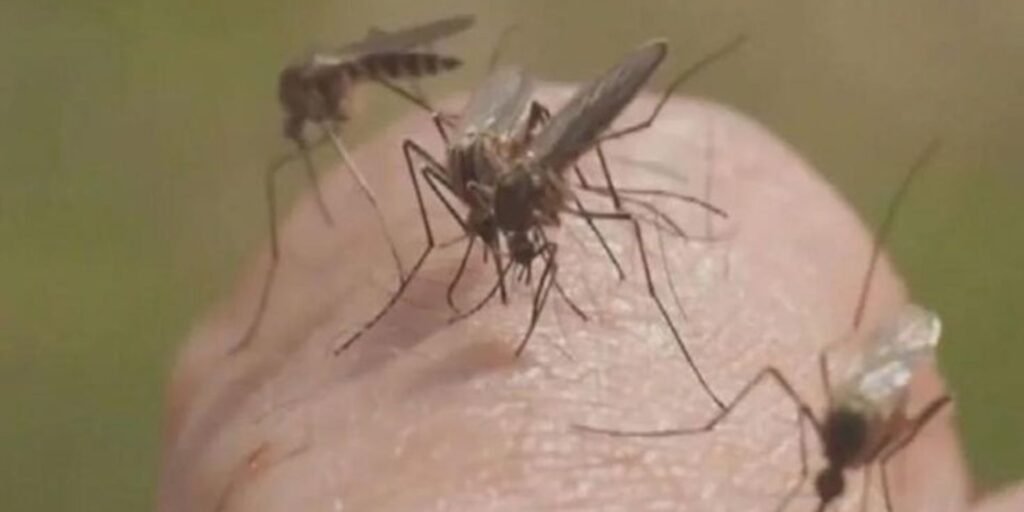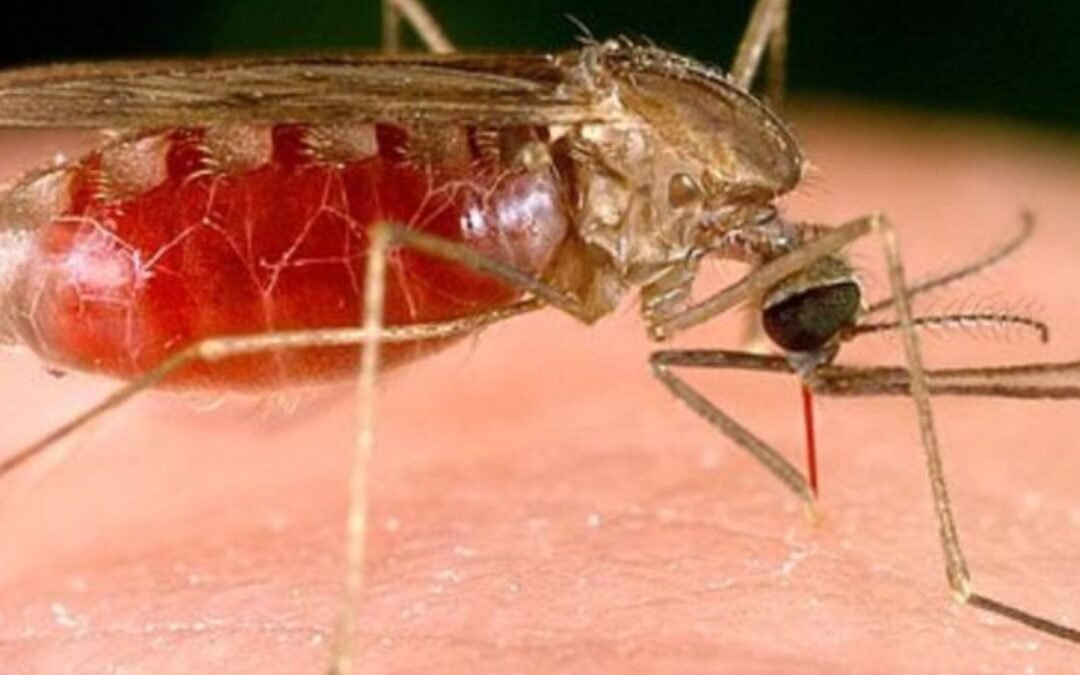Overview
When the weather warms up and outdoor activities beckon, the last thing anyone wants is to deal with pesky insect bites. But not all bites are created equal. Enter the battle of the bugs: mosquito bites vs spider bites. While both can cause discomfort and irritation, understanding their differences can affect how you respond. Are those itchy welts on your skin from an annoying mosquito or a sneaky spider? Knowing what you’re dealing with can help you take swift action for relief while avoiding potential complications. Let’s dive into this buzzing debate and unravel the unique characteristics of these two common types of insect encounters!
Mosquito Bites vs Spider Bites: Understanding the Key Differences
Mosquitoes and spider bites may seem similar initially, but their distinct characteristics set them apart. Mosquitoes primarily feed on blood, using their specialized mouthparts to pierce the skin and inject saliva, which causes those familiar itchy welts. These bites are typically small, raised bumps that can become red or swollen.
On the other hand, spider bites occur when a spider injects venom through its fangs. The symptoms can vary widely depending on the species of spider involved. While some produce mild irritation resembling mosquito bites, others might lead to more severe reactions or systemic issues.
Recognizing these differences is crucial for treatment and prevention strategies. Knowing what type of bite you’re dealing with allows quicker responses—whether applying an antihistamine cream for mosquitoes or seeking medical attention for potentially dangerous spiders.
Introduction
When the weather warms up, outdoor activities become a favourite pastime. However, these enjoyable moments can quickly be interrupted by pesky insect bites. Mosquitoes and spiders are two common culprits that often leave their mark on our skin. Understanding the differences between mosquito and spider bites is crucial for effective treatment.
Mosquito bites typically cause itchy welts that appear shortly after being bitten. They are generally harmless but can lead to discomfort and irritation. On the other hand, spider bites vary significantly depending on the type of spider involved and may require more attention due to potential complications.
Identifying whether a mosquito or spider has bitten you can help you take appropriate action. This article will explore how to differentiate between these two types of bites, their characteristics, treatments, and possible side effects associated with each one.
How to Tell the Difference
Identifying whether a bite is from a mosquito or a spider can be straightforward with careful observation. Mosquito bites typically present as small raised welts, often itchy and red. After outdoor activities, they usually appear in clusters, especially on exposed skin.
In contrast, spider bites may vary greatly depending on the species but often show different characteristics. A common sign includes two puncture marks at the bite site, which might be surrounded by redness and swelling. Some spider bites, especially those from venomous spiders, can also cause blistering or necrosis.
Another key factor is timing. Mosquitoes bite during warmer months and are most active at dawn and dusk. Spider encounters can happen anytime indoors or outdoors but usually occur when reaching into dark spaces where spiders reside.
Mosquito Bites

Mosquito bites are a common nuisance, especially in warm weather. These pesky insects thrive in humid environments and are most active during dawn and dusk. When they bite, they inject saliva into the skin, which can cause an itchy reaction.
Mosquito bites usually appear as small, raised welts that may appear red or swollen. The itching sensation often leads to scratching, which can worsen irritation or even lead to infection if not managed properly.
While most people experience mild discomfort from these bites, some may have more severe allergic reactions. In rare cases, mosquitoes can transmit diseases such as West Nile or Zika through their bites. Awareness of your surroundings and preventive measures can help reduce the risk of getting bitten while enjoying outdoor activities.
Spider Bites

Spider bites can evoke a mix of fear and curiosity. While most spiders are harmless, some can deliver venom, leading to various symptoms. A typical reaction might include redness, swelling, and pain at the bite site. In certain cases, you may also experience systemic effects like fever or muscle cramps.
The appearance of spider bites varies widely depending on the species involved. For instance, bites from a black widow may present with two distinct puncture marks surrounded by redness. In contrast, brown recluse bites often develop into larger wounds characterized by necrosis or tissue damage over time.
Identifying whether a spider has bitten you is crucial for appropriate treatment. If you’re unsure about the type of bite you’ve sustained or if symptoms worsen significantly, seeking medical help is essential to rule out serious complications associated with venomous spiders.
Types of Bites
Mosquito bites and spider bites are caused by entirely different creatures, leading to varying symptoms and effects. Mosquitoes are a group of flying insects that feast on blood, especially during warm weather. Their bites typically result in small red welts that may itch intensely.
On the other hand, spiders are arachnids with fangs designed for injecting venom into their prey. While most spider bites are harmless, some can be quite serious. Depending on the species involved, these bites often appear as larger swollen areas or even develop blisters.
Understanding these differences is crucial for effective treatment. Identifying whether a mosquito or a spider has bitten, you can help you decide how best to manage pain and discomfort while preventing potential complications.
Diagnosis and Treatment
Diagnosing mosquito bites vs spider bites often begins with closely examining the bite site. Mosquito bites typically appear as small, raised welts that are red and itchy. In contrast, spider bites can vary widely in appearance depending on the species but may present with more severe swelling or discolouration.
For treatment, over-the-counter antihistamines like Benadryl can help relieve itching from mosquito bites. Applying ice packs can also reduce swelling and discomfort. If a spider bite is suspected, cleaning the area thoroughly and monitoring for symptoms such as increased pain or fever is crucial.
In cases where a spider bite leads to severe reactions, medical attention might be necessary. Doctors may prescribe antibiotics if there’s an infection or recommend specific therapies based on the type of spider involved. Always err on the side of caution when dealing with unknown bites.
Mosquito bites vs Spider :Complications and Side Effects
Mosquitoes and spider bites can lead to various complications and side effects, depending on the individual’s health and reaction. For many people, mosquito bites result in mild itching and redness. However, some may experience allergic reactions or develop infections if they scratch too much.
Spider bites present more varied challenges. While most are harmless, certain species, like the black widow or brown recluse, can cause serious symptoms. These include intense pain, muscle cramps, or even systemic reactions in sensitive individuals.
In rare cases, both types of bites can lead to severe conditions such as anaphylaxis from allergies or necrosis from toxic venom. It’s essential to monitor any bite closely for unusual changes and seek medical attention if needed. Awareness of these potential complications is crucial for effective management.
Mosquito bites vs Spider :Conclusion

Understanding the differences between mosquito and spider bites can greatly enhance your ability to respond effectively. While both bites may irritate, their characteristics and potential complications vary significantly. Mosquito bites typically result in small, itchy welts that may appear shortly after being bitten and usually resolve within a few days.
On the other hand, spider bites might present more complex symptoms depending on the species involved. Some spiders are harmless, while others can lead to serious health issues requiring medical attention.
Recognizing these distinctions is vital for proper diagnosis and treatment. If you experience unusual or severe symptoms following a bite, seeking professional advice is essential. Knowledge about these common pests helps with immediate care and aids in prevention strategies for future encounters.
Arming yourself with this information empowers you to manage insect interactions better while reducing anxiety around potential risks associated with these pesky creatures.

